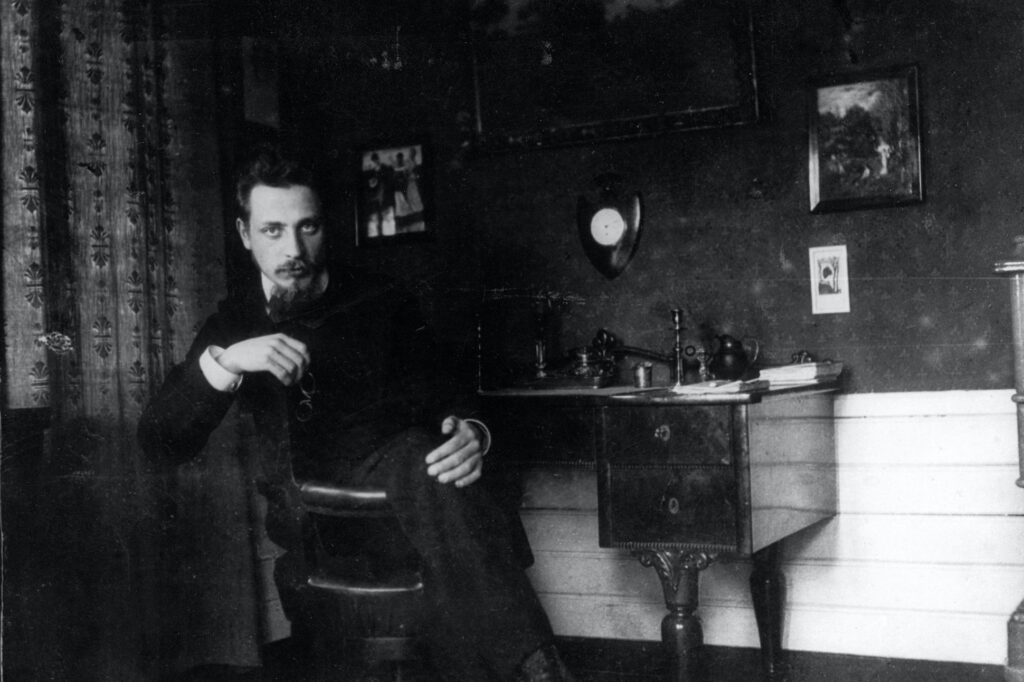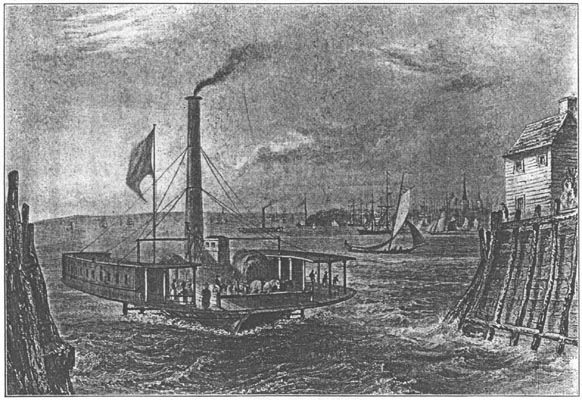The Oxford German Network are delighted to announce the launch of this year’s ‘A German Classic’- our annual essay competition for sixth-form students. This year we would like to invite you to read with us a selection of poems by Rainer Maria Rilke (1875 – 1926), widely regarded as one of the most important German-language poets.
In addition to our essay competition, we introduce a Discovery Section designed especially for those with no prior knowledge of German, making the competition more accessible than ever.
We have put together a free study pack, including a set of multimedia materials, that will help you delve into Rilke’s compelling poems, even if it’s the first time you’ve read a poem.

Selected poems:
- Der Panther (The Panther)
- Das Einhorn (The Unicorn)
- Jugend-Bildnis meines Vaters (Portrait of My Father as a Young Man)
- Römische Fontäne (Roman Fountain)
- Das Karussell (The Merry-Go-Round)
- Spanische Tänzerin (Spanish Dancer)
- Archaïscher Torso Apollos (Archaic Torso of Apollo)
- Papageien-Park (The Parrot House)
- Die Flamingos (The Flamingos)
- Der Ball (The Ball)
Prizes:
Up to three prizes will be awarded for each section:
- for the essay competition, we will award a first prize of £500, a second prize of £300, and a third prize of £100
- for the discovery section, we will award a first prize of £200, a second prize of £100, and a third prize of £50.
Prizes will only be awarded if work is of sufficient merit. All entrants will receive a prize certificate or a certificate of participation.
Study Packs:
Throughout July, we will be publishing ideas for further reading and free multimedia resources, including a series of podcast episodes we recorded especially for this competition, on our website.
We also encourage all students interested in entering the competition to email their UK correspondence address to the Prize Coordinator Santhia Velasco Kittlaus (germanclassic@mod-langs.ox.ac.uk) by 12 noon on 10
July to receive a free study pack.
After 10 July, study packs will be posted for free to those who request them by this date. If you get in touch after this date, we cannot guarantee to post you a full pack, but we will email you a copy of the secondary literature reader.
Eligibility:
Entrants must fulfil the following requirements as of September 2025:
- be beginning their final year of full-time study at a secondary school in the UK (upper sixth form, Year 13 or S6 in Scotland);
- be between the ages of 16 and 18;
- hold a GCSE, IGCSE or equivalent qualification (in German for the essay) offered in the UK;
- be resident in the United Kingdom. Entrants are not, however, expected to have prior experience of studying German literature.
Entries can be submitted via two online forms — here and here. The deadline for submitting your entry is Monday 8th September at 12 noon.
More details about the prize — including essay questions, submission guidelines, judging criteria, and more — can be found here.
Viel Glück!

